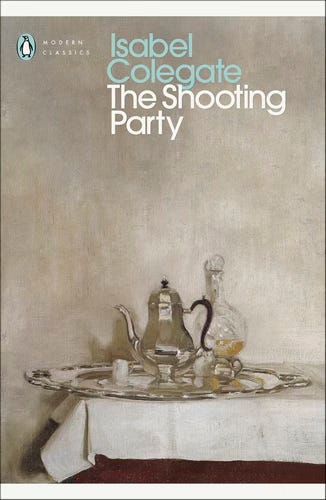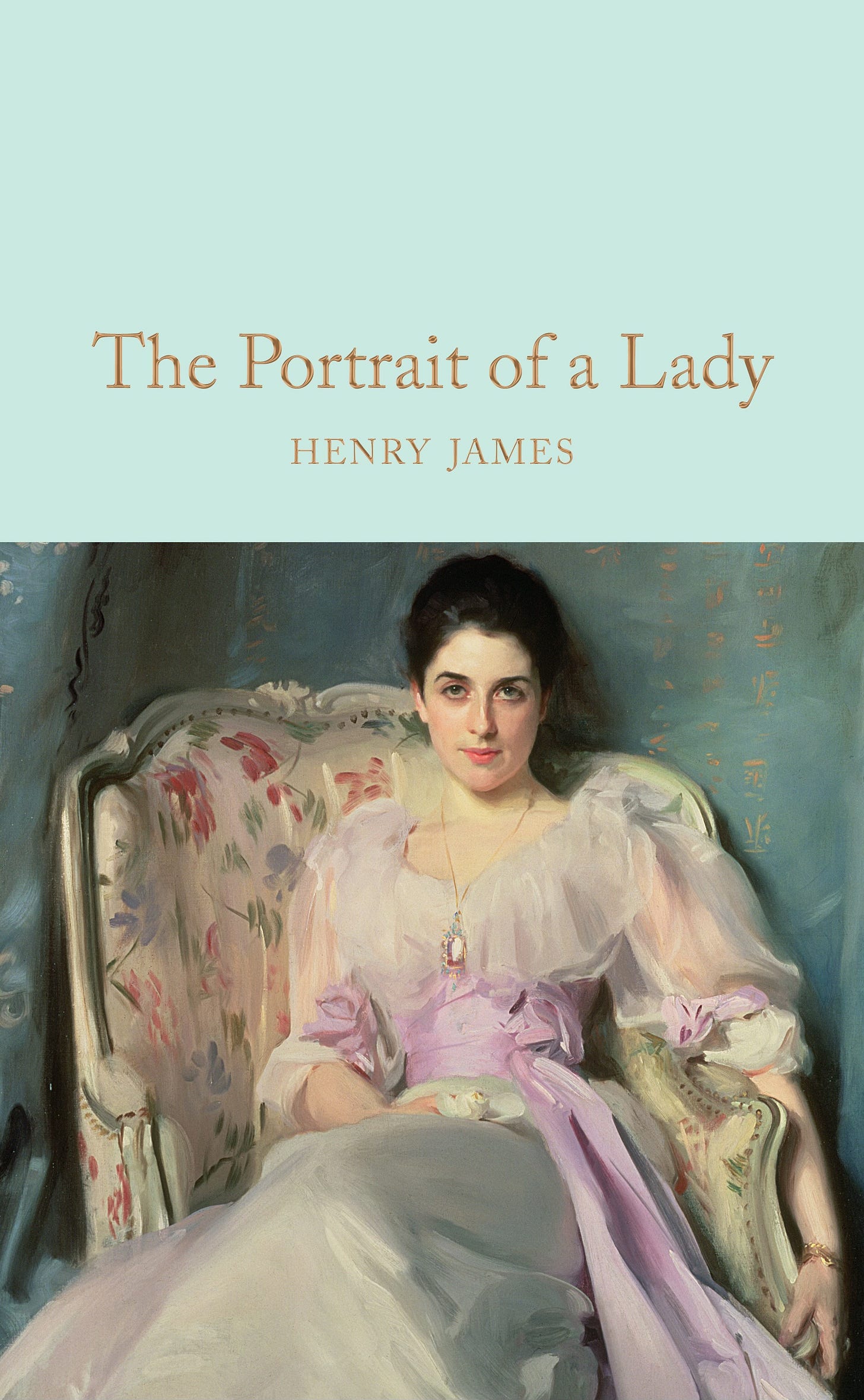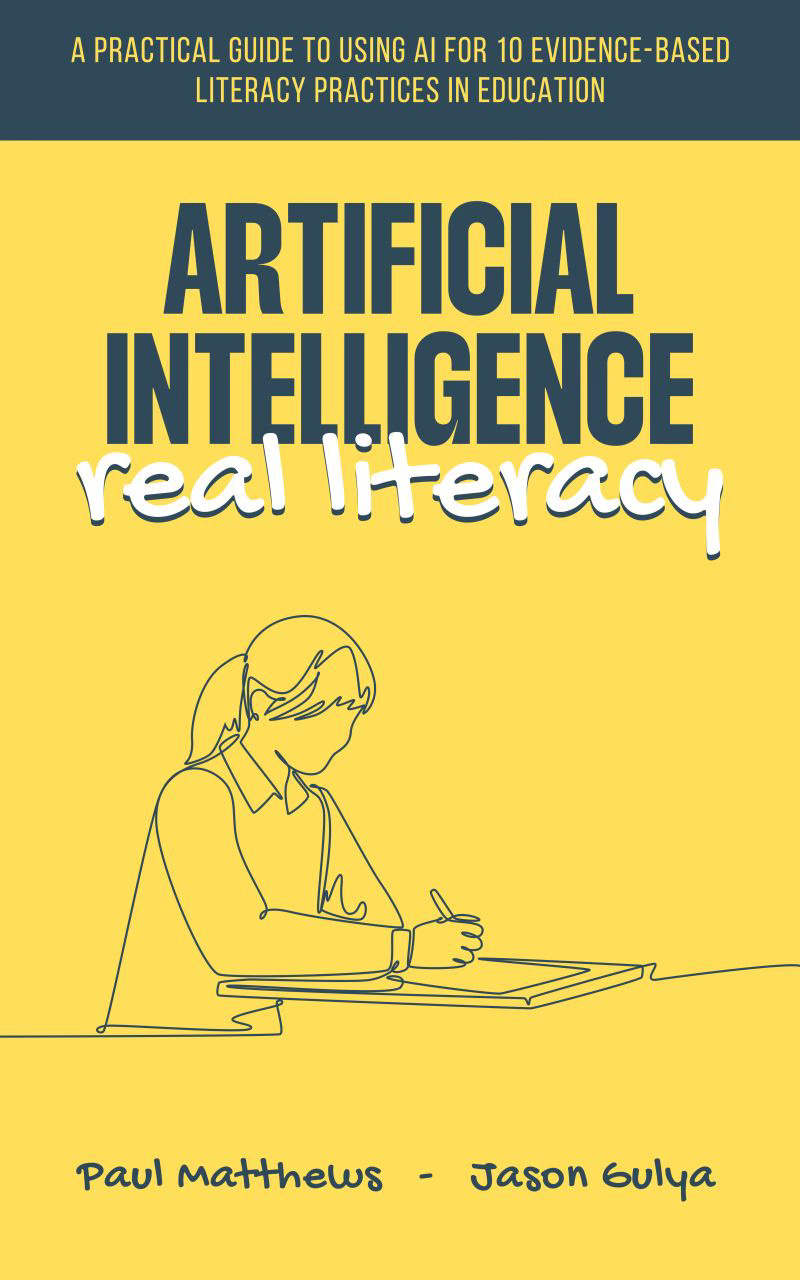186: A dreamy divagation
Vincenzo Latronico, Isabel Colegate, Carl Hendrick on reading, Sienese painting, Elizabeth Bishop, Maryanne Wolf & Rebecca Winthrop, Robert Caro and more.
Back from hols.
Perfection by Vincenzo Latronico
was recently short-listed for the 2025 International Booker Prize.
I read it through its 115 pages in no time in the recent holiday (the translation by Sophie Hughes is superb).
This is a smart piece of writing, focussing with an acute gaze on a millennial couple from somewhere in Southern Europe, Anna and Tom (they are rarely distinguished individually) who set up life in cool Berlin a few years ago.
Latronico writes that it was inspired by Georges Perec’s Things: a story of the Sixties, and it starts with an epigraph from that book:
That was where real life was, the life they wanted to know, that they wanted to lead.
Can any of us lead the life we want to? At first, their life seems just right, based in an apartment straight out of a glossy magazine, lush with the foliage of indoor plants. Years ago I stayed in just such a flat via AirBnB in Mitte. But the ‘perfection’ of such a life is of course impossible. As Latronico shows this through his third-person plural narrative, he does not go for cheap shots - there is tenderness in his story-telling, rather than crude commentary on the emptiness underlying Anna and Tom’s lives.
wrote well about it.Work with me!
We have a vacancy for a full-time permanent teacher of English from September.
The Shooting Party by Isabel Colegate
was a reading pleasure at the start of the holidays. It was published in 1980, which felt surprising at times, since it seems to have come straight from its setting - pre-First World War England, and specifically Nettleby Park, a big house which is the location for the eponymous shooting party (the men slaughter a lot of birds; a bigger slaughter is about to start across the Channel).
The Penguin Classics edition has an introduction by Julian Fellowes; it clearly prompted his writing of the film Gosford Park and then Downton Abbey: but the book is sharper than that series.
Podcast of the Week 1
is from the Secret Life of Books, with a discussion on the collection Geography III from one of my favourite poets, Elizabeth Bishop. Rachel Cohen is the guest, and among the wonderful poems discussed with Sophie Gee and Jonty Claypole are ‘In the Waiting Room’ (on the Leaving Certificate course in Ireland) and ‘The Moose’.
Essay of the Week
is by
on ‘Ultra-Processed Minds: The End of Deep Reading and What It Costs Us’, whose subject could hardly be more relevant to The Fortnightly:To read slowly, attentively, without agenda or distraction is to resist. Not with noise or spectacle, but with the quiet, deliberate force of contemplation. In an economy built on speed and stimulus, deep reading becomes an act of principled refusal. It defies the algorithm’s logic of efficiency, the newsfeed’s velocity, the platform’s hunger for engagement. It says: I will dwell here, I will think for myself, I will go deep when the world wants me shallow.
For more, head on down to Podcast of the Week 2 below, and Maryanne Wolf in particular, including her idea of ‘cognitive patience’, which is in all-too-short supply.
My illustration above is of The Portrait of a Lady, since I plan to reread it soon for the nth time, deeply immersed as Carl describes. I also wrote about it in a post on the perfect class.
Siena: The Rise of Painting, 1300 ‒1350
is a wonderful exhibition at the National Gallery in London: I went to it during the holidays.
Half an hour after coming out of the exhibition I saw, via Alan Jacob’s newsletter, this essay by Grace Hamman on ‘The Broken Head of Christ’, normally in the Met in New York. I had just stood beside it for some time.
Despite the crowd, the head looked lonely and odd divested of the body. Brown curls still clung to the sides of his polychrome, beautiful face. His eyes were shut, and it was hard to tell whether he was dead or alive. Most arresting of all was the dramatic, diagonal split through his countenance. As I gazed at Christ’s riven face, I swallowed down that feeling of almost-there tears. The sacred, shattered head stayed with me after I left the museum. I could cry looking at it again, even as I pull up the picture while I write these words.
And the exhibition prompted me to start reading A Month in Siena by Hisham Matar: intelligent and sinuous. More next time.
Podcast of the Week 2
is from Your Undivided Attention, featuring Maryanne Wolf and Rebecca Winthrop with Tristan Harris ‘Rethinking School in the Age of AI’ is the sort of title I normally recoil from, but this discussion with Tristan Harris is consistently interesting and thoughtful.
It’s particularly good to hear from Maryanne Wolf again, whose book Reader, Come Home: the reading brain in a digital brain I wrote about in January 2020.
Teaching and Learning Things:
At the English Meet in my school on Thursday evening (as I write, 3 free tickets left), I’ll be arguing that there is no more antithetical thing to English teaching than using it in the classroom. However, that doesn’t mean that teachers can’t use it in the background to help, and Artificial Intelligence: Real Literacy, a short book by Paul Matthews and Jason Gulya, is measured and sensible. Most importantly, it’s based on evidence-based practice rather than woolly tech-hype. More from me.
The Irish National Organisation for Teachers of English recently wrote a measured, intelligent and pertinent response to the new draft Leaving Certificate English specification. Well-worth reading.
As someone who rarely uses slide shows in class, this excellent piece by Emma Turner resonates (‘Powerpoint and IWBs – It’s time to reclaim analogue teaching’):
Our digital resources may initially be relatively swift to produce but they run the risk of children taking longer to truly master concepts or ideas as they can inadvertently or very easily prevent the live modelling, the permanent representations, the tactile experiences, the adaptation and expert thinking made visible that we know support and underpin effective teaching and learning.
There is no more acute or thoroughly-informed observer of Irish education than Professor Áine Hyland, and her keynote at the recent ASTI conference is one to watch if you’re interested in curricular change here, particularly at Senior Cycle level.
Alex Quigley on ‘Should we scrap An Inspector Calls?’ This refers to GCSE choices in England, but many of the issues are the same everywhere, including here in Ireland: I have previously written about the selection of prescribed texts here (short version: I think it is relatively well done).
Time and professional development are a necessity for any curriculum change to English literature. This is no doubt true too. I think they are both vital to build the confidence of teachers so they are willing to experiment with a new text for a qualification that can mean so much to their students.
Et Cetera
Alan Jacobs on catching up with Robert Caro’s magisterial The Power Broker (written before his LJB epic):
Both Moses and LBJ were nasty men who did terrible things — but also did great things. And there was no way to get the great things without the terrible things coming along for the ride. Do you accept the deal? That’s the question Caro presses on all his readers, and that’s the key to his greatness as a biographer and historian.
and a surprise: Robert Caro wrote (part of) a novel. In The Smithsonian, Chris Heath investigated:
When I ask Caro whether he found writing fiction frustrating or satisfying, he replies, “I don’t honestly remember.” But then he reconsiders. “I would say sort of the same,” he says. “You know, writing is writing. I mean, there is a mot juste, there is a rhythm that things should be in. If you’re going to be a writer and you want your things to last, you have to find that there is a rhythm.”
A characteristically sharp-eyed review by Anne Enright of Helen Garner’s diaries (recently I dipped into these):
The amazing thing about this oddly kiltered book is the way it argues so powerfully against Garner’s own point of view.
- on poetry via Substack:
On Substack, poets shed the constraints of traditional publishing timelines, sharing works in progress and experimenting in real time. What arises isn’t just a collection of newsletters but a living anthology of established voices and emerging talents in conversation with one another and their readers.
Years ago I read Edith Wharton’s novel The Reef and thought it very good. So thanks to JacquiWine for this review, which has put it on my re-reading list.
Central to the novel are questions of trust and integrity, specifically around George and Anna. For instance, it is better for us to be honest about our past mistakes, even when we know such revelations will hurt the ones we love, or should we lie and cover our tracks to avoid undue distress? And if the terrible truth should come to light, will it be possible for our loved ones to forgive and forget?











what a lovely story about Portrait (I clicked over to read) - I would have enjoyed studying it under such sunny circumstances. I never read it for any classes at all, only on my own. I snagged an ebook edition of The Shooting Party just now - thank you for the recommendation.